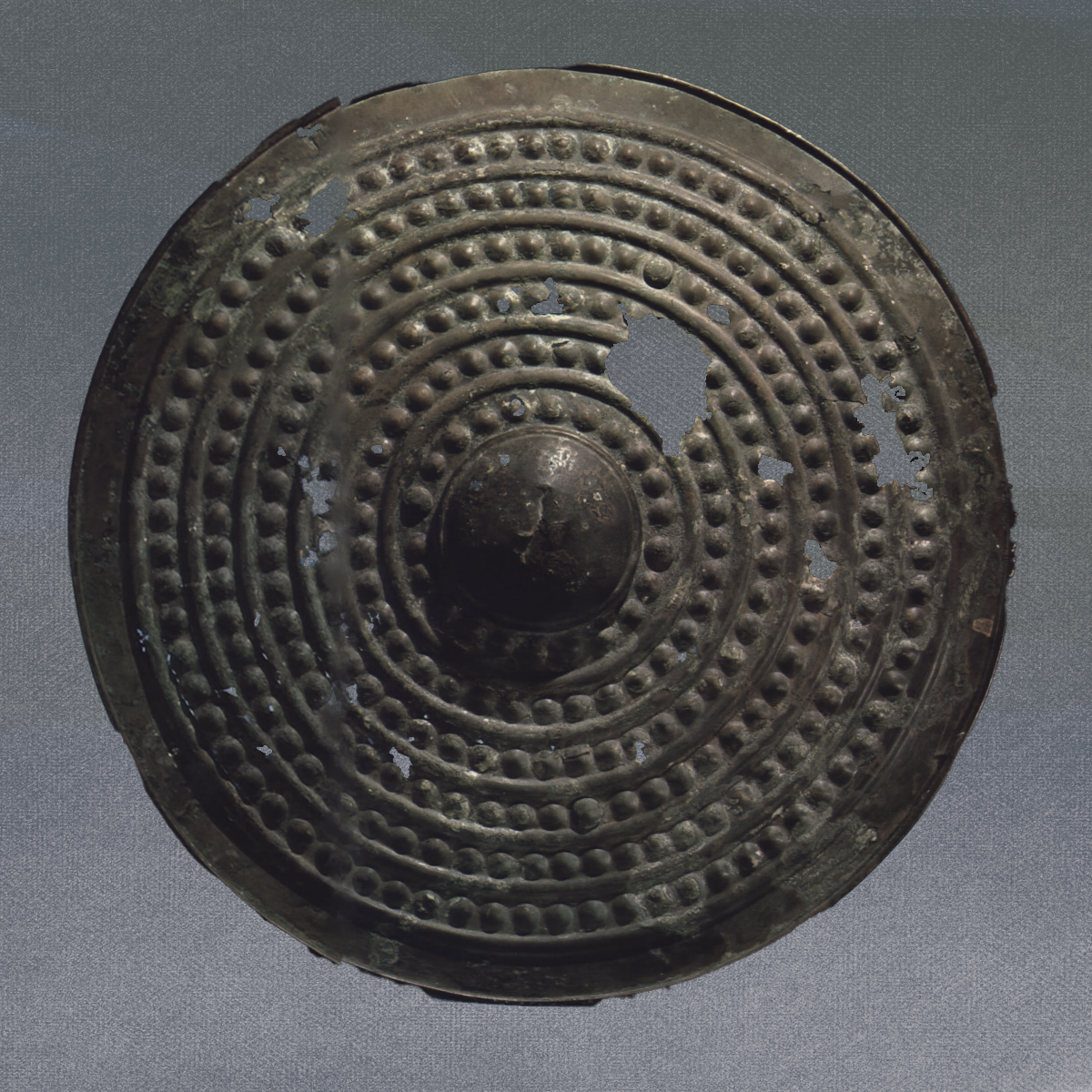How to Dispose of Offerings

Establishing a sacred relationship with the world is at the heart of devotional practice, and properly disposing of the offerings reinforces that link developed within the ritual space. To understand it's import, consider a more tangible example: a friendship. If you are kind and respectful to a close friend to their face but then disparage them behind their backs, that attitude will color how you treat them when hanging out - even if they don't know your betrayal. You might feign respect and loyalty, but you know, even if subconsciously, that it's a ruse. Alternatively, if you treat them the same when they're gone as when they're around, you'll carry that respect into every encounter with them. You'll truly value their company and loyalty, and this will express itself in the quality of your interactions. Plainly said, honest friendships are more rewarding and reliable than those built on lies, and it's psychologically impossible to wall off your attitudes towards the same object in different situations.
The transitive property of relationships, as observed in friendship, applies to spaces, names, symbols, and implements. For this reason, all ancient religions have strict taboos related to uttering sacred names, behavior in temples, and the handling of ritual implements. Before entering a temple in ancient Greece, individuals were required to be ritually pure. This often included washing hands and feet, abstaining from sexual activity for a set period, and not entering the temple if they had recently been in contact with death (such as attending a funeral). Menstruating women were also excluded, as blood was impure. The long list of epithets in Greek writing was also a byproduct of Greek piety. Speaking the name of Zeus or Hermes was seen as disrespectful, just as one would not call a king by their first name. The long lists of epithets, while also serving a literary function, attest to this attitude of respect. Many of the infernal dieties, like Pluto, were almost never named directly for fear of bringing death and misfortune on the speakers. These practices are found throughout the Aryan world, ranging from Hinduism to Heathenism. The exact details of Celtic pagan worship remain a mystery, but they very likely followed such regulations.
The proper handling of ritual items preserves this principle and intensifies the religious sentiment it evokes. This doesn't mean that if you choose to be cavalier towards your ritual space, you're practice is doomed to impotence. You'll simply have less factors in your favor.
I don't mean to be a grumpy hall monitor here. I am simply explaining the mechanics and history of respect in worship. There are exceptions and space for personal idiosyncrasies. Also, play is healthy, and the divine is no exception. However, the key word here is proportion. If your entire religious life is casual and disrespectful towards the divine, it will suffer.
The Three Ways to Dispose of Offerings
There are three ways to dispose of your offerings:
1. Reusing
Certain items, like a sword, a tray of fresh fruits, or a craft good you made yourself, can be reused multiple times. Like the space, symbols, or items on an altar, the inclusion of these objects in rituals over weeks or years sanctifies them, charging them with the feelings and associations of the ceremony.
While using these objects in rituals, you should not use them in your everyday life, as the transitive principle explains. Taranis will not curse you for grabbing a pocket knife you've included on your altar to tear off the tags to a new pair of jeans, but it will tarnish your relationship to him and the knife in question.
2. Destroying
The Celts burnt, buried, and submerged their sacrifices to the gods. This practice strikes many modern pagans as wasteful and a vestige of a superstitious culture now obviated by scientific understandings of how the world really works, but this does our ancestors a disservice. I don't share many of their beliefs, but the destruction of offerings is not entirely wasteful. Destroying items used intensively or for particularly ardent requests adds a gravity and finality that is hard to replicate otherwise.
Foodstuff lends itself best to destruction, but the Celts also interred chariots, panoplies of bronze and gold, and jewelry in tombs. You might consider destruction for more valuable objects as a way to cap-off long, intense periods of practice or when making ardent and urgent requests in times of crisis.
3. Repurposing
Once an object has been used for a sufficiently long period, you may decommission it and use it in everyday life. You can eat the food offerings yourself or distribute them among your friends, as was practiced in Greece and India (prasad) once the ceremony is over. Among the mountain tribes of Thailand, offerings to the local spirits are usually left for a few hours before hordes of children storm the compound and gobble them up - that is if they arrive in time before birds, squirrels, or ants do. You may also feed it to the plants and birds.
For expensive objects, like a sword or finely wrought ceramic cup, you may begin using them in everyday life once their ritual use ends. A small prayer of thanks to mark the transition from sacred to profane is appropriate. After that, treat it like any other household object.
Another common practice in Thailand is to donate used ritual objects to a local temple or sacred site. Usually, this entails simply leaving the object there to add to the ambiance or giving it directly to the monks for them to place as they see fit. Do be careful not to trash a site up, however. In Nepal, I had the great displeasure of hiking through sacred mountains littered with thousands of prayer flags.
